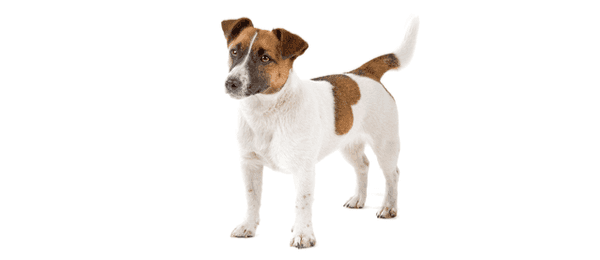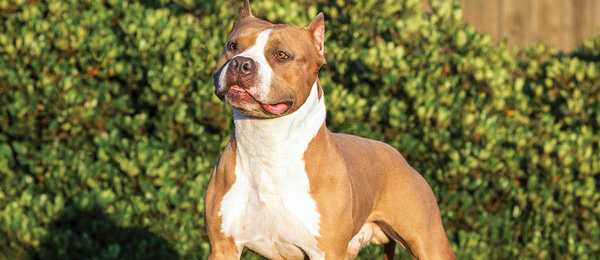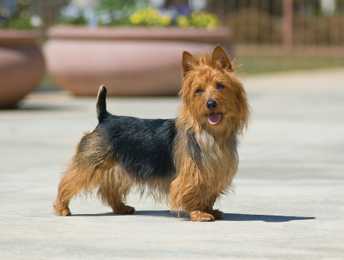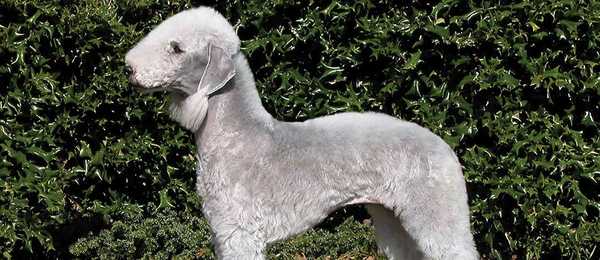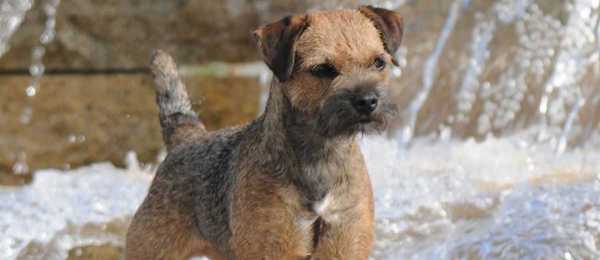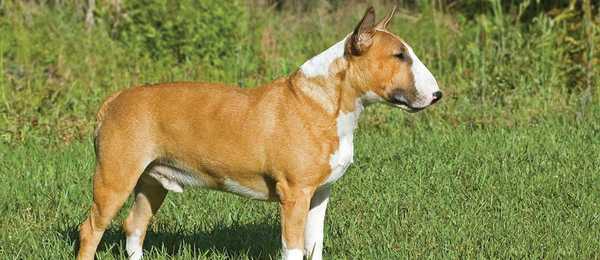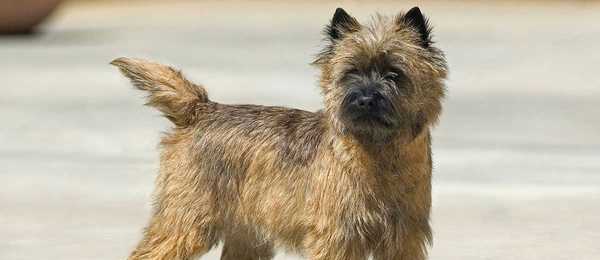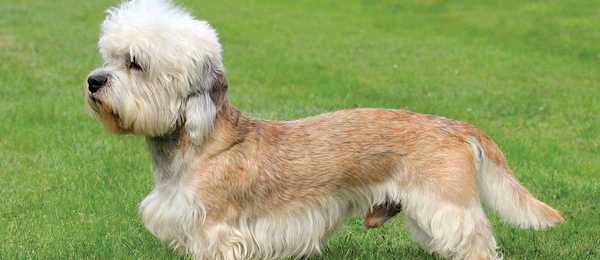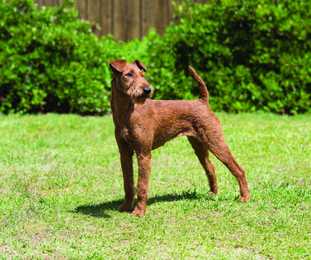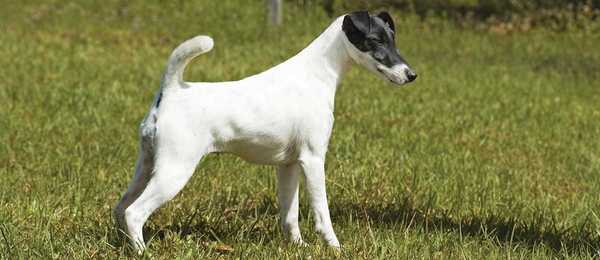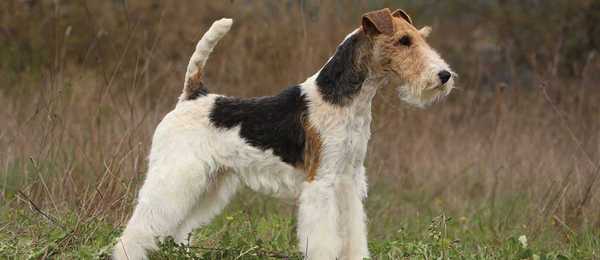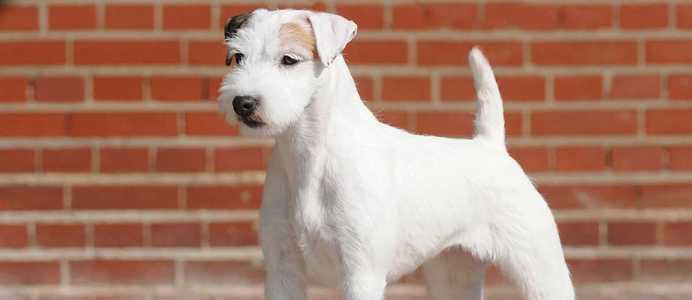
Traits and Characteristics
type
weight
height
family
Parson Russell Terriers are slightly taller than they are long and have a medium build. The PRT’s expression is often keen and full of life. Historically, their slender build also allowed them to fit into small passageways when protecting the home or farm from rodents. The Parson Russell Terrier has a gait is free and lively, with good reach and drive. Their coat can be either smooth or broken, both coarse and weatherproof with short, dense undercoat. The outer coat of the smooth is flat and hard; that of the broken is straight, tight, and close lying.
Ready to see what dogs fit you best? Take our short quiz to find out!
Energy Level
Exercise Requirements
Playfulness
Affection Level
Friendliness to Dogs
Friendliness to Other Pets
Friendliness to Strangers
Watchfulness
Ease of Training
Grooming Requirements
Heat Sensitivity
Vocality
Disclaimer: While the characteristics mentioned here may frequently represent this breed, dogs are individuals whose personalities and appearances will vary. Please consult the adoption organization for details on a specific pet.
Temperament
This is a dog that thrives on action and adventure. In the process, they may find themselves in the middle of trouble. They are very energetic and if given the chance, will explore, wander, chase, and dig. The Parson Russell Terriers is often very playful and intelligent. They often get along well with children and strangers. They may need to be properly introduced to strange dogs, but they are usually better than many terriers. They can do well with horses, but may chase cats and are not good with small pets. They may tend to bark and dig. Parson Russell Terriers can make an ideal companion for an active person with a good sense of humor who wants a lot of entertainment— and perhaps some mischief—in one dog.
Upkeep
Most Parson Russell Terriers need a lot of mental and physical stimulation every day. They are not a dog that can sit around inside. They need a long walk or strenuous game every day, plus a short training session. They often enjoy the chance to explore on their own, in safe areas. Coat care for the smooth type consists only of weekly brushing to remove dead hair; the broken coat may require occasional professional grooming.
Health
- Major concerns: none
- Minor concerns: lens luxation, patellar luxation
- Occasionally seen: glaucoma, ataxia, compulsive behavior, Legg–Perthes, deafness
- Suggested tests: eye, knee, hearing
- Life span: 13–15 years
History
Parson Russell Terriers descend in most part from a dog named Trump, who was acquired by the Parson John Russell of Devonshire, England, in the mid 1800s. John Russell was a hunting enthusiast, and he sought to develop a line of terriers that could keep up with the horses. His line was so successful that they eventually carried his name. Although John Russell became extremely active in the English Kennel Club, for some reason he declined to show his own breed in dog shows. This tradition holds true even today.
After heated debates, the breed was nonetheless admitted into the Terrier Group in 1998. Jack Russells have long been popular with horse owners and are frequently seen around stables, but the type of terrier more often seen there has short legs and a long body. The term Parson was added to distinguish the traditional long-legged terrier. In 2003, the AKC-recognized dogs had their names changed from Jack Russell Terrier to Parson Russell Terrier. The Parson Russell Terrier has become a popular media dog, and their exposure caused great interest in the breed. As a result, their numbers grew. As irresistibly cute as they may be, they are definitely not a breed for everyone.
